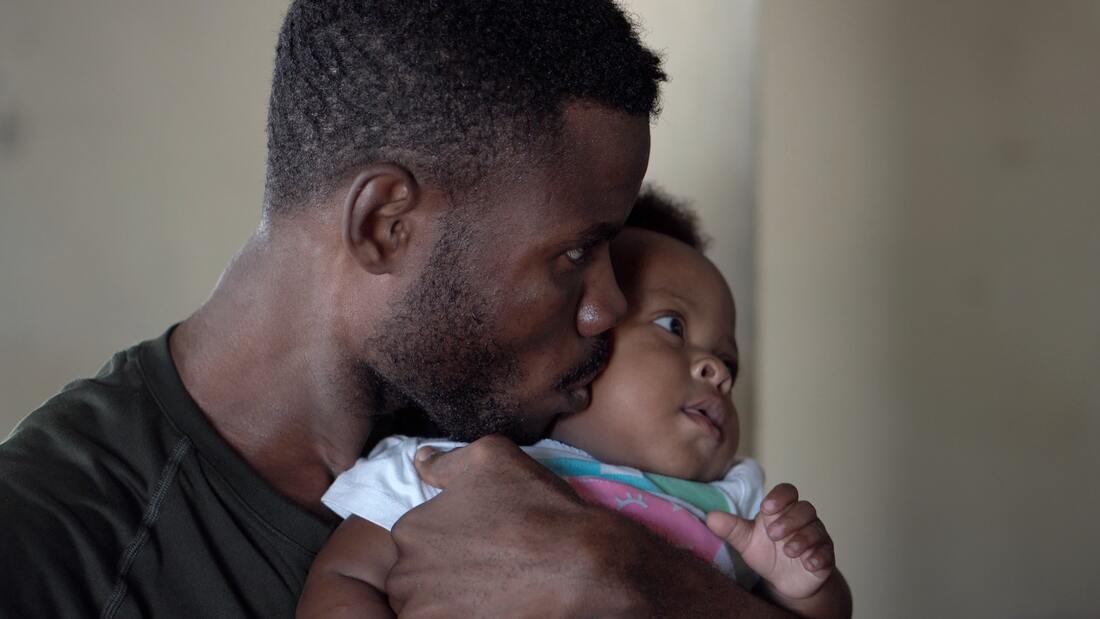 Image via Unsplash Image via Unsplash Resilience is the ability to overcome difficulties and adapt to changes in life. For example, many Black kids and their families may have experienced difficulties related to COVID-19 but they have been able to maintain their emotional and psychological health despite these difficulties. Several different types of resilience have been described including psychological, emotional, and community. Black History Month and Resilience Black History Month is an important moment to celebrate the legacy and contributions of Black people to society. Some scholars [1] have described how Black history knowledge (BHK) helps “foster psychological liberation - healthy functioning characterized by a conceptual shift from a narrative rooted only in oppression to a narrative that acknowledges the strengths, accomplishments, and creativity of Black people throughout their history”. Furthermore, BHK can provide Black youth with knowledge of the historical experiences of Black people in America to provide them with a healthier identity and it can help promote resilience [1]. 6 Ways to Build Resilience in Black Youth Although being resilient doesn’t prevent children and teens from experiencing emotional difficulties in the face of negative life events. Research demonstrates that resilience helps to reduce risk and promote healthy development. Below are a few tips from the American Psychological Association.
Written by Erlanger “Earl” Turner, Ph.D. Source: [1] Chapman-Hilliard, C., & Adams-Bass, V. (2016). A conceptual framework for utilizing Black history knowledge as a path to psychological liberation for Black youth. Journal of Black Psychology, 42(6), 479-507. Note: This blog was previously published for Psychology Today |
This blog is maintained by Therapy for Black Kids. Archives
June 2023
Categories
All
|
 RSS Feed
RSS Feed